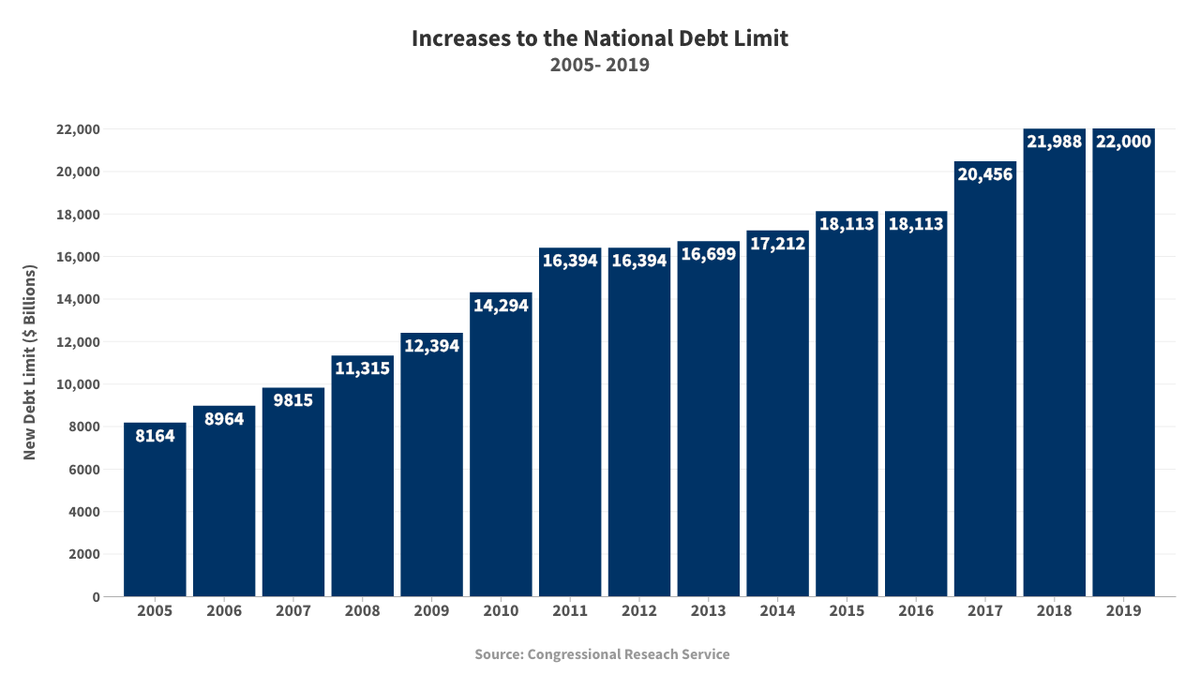Fox News Flash top headlines for August 21
Fox News Flash top headlines for August 21 are here. Check out what's clicking on Foxnews.com
The Congressional Budget Office (CBO) released a grim update Wednesday to its economic outlook for the next decade, predicting average national deficits of $1.2 trillion every year through 2029, due in large part to recent budget and border security bills.
The CBO report noted that, as one of many repercussions from free-spending policies, federal debt held by the public is projected to reach heights not seen since the 1940s, almost equaling the nation's Gross Domestic Product.
WEAK JOBS REPORT AND RECORD TRADE DEFICIT RENEW CONCERNS
“As a result of those deficits, federal debt held by the public is projected to grow steadily, from 79 percent of GDP in 2019 to 95 percent in 2029—its highest level since just after World War II,” the report says. The GDP itself is also expected to see a slowdown in growth in the coming years.
The CBO report underscores how deficits are rising once again, as Democrats and Republicans in Congress -- and the Trump administration -- show little interest in tackling the red ink.
The CBO’s projections have changed drastically since a previous estimate just three months ago. In May, the estimated 2019 deficit was $63 billion less than what CBO now projects. Now, the cumulative deficit for 2020 through 2029 is projected to be $809 billion greater than the May estimate.

The CBO claims that the new figures are the result of recent legislation, particularly the Bipartisan Budget Act of 2019 -- which included higher discretionary funding limits for 2020 and 2021 – and new appropriations for disaster relief and border security.
DEFICITS ARE EXPLODING -- AND NEITHER PARTY SEEMS TO CARE
Sen. Rand Paul, R-Ky., was a vocal opponent of the budget bill, citing the effect it would have on the nation's fiscal health.
He excoriated his colleagues for supporting a deal he claimed “marks the death of the Tea Party movement in America.” Paul said “both parties have deserted” the U.S. and “show no care and no understanding and no sympathy for the burden of debt they are leaving the taxpayers, the young, the next generation and the future of our country."
CLICK HERE TO GET THE FOX NEWS APP
Paul proposed an amendment to the bill, which would have imposed spending caps, but it failed after a 70-23 vote.
Sen. Roger Wicker, R-Miss., however, claimed it was the best deal possible.
“I want to know what better deal anybody could have crafted that got Nancy Pelosi’s sign-off in the House and Mitch McConnell’s sign-off in the Senate, along with McCarthy and Schumer,” Wicker said.
Fox News’ Chad Pergram, Gregg Re and The Associated Press contributed to this report.





